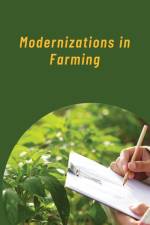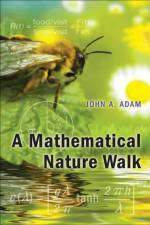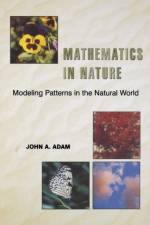av John Adam
525,-
In the ever-evolving landscape of agriculture, the winds of change are ushering in a new era marked by cutting-edge innovations and modernizations in farming practices. These transformative shifts, underpinned by technology and sustainable approaches, are revolutionizing the way we grow our food.One of the most notable advancements is the integration of precision agriculture techniques. Through the use of satellite imagery, GPS technology, and data analytics, farmers can now make highly informed decisions about planting, fertilizing, and harvesting. This not only maximizes crop yields but also minimizes resource wastage, making farming more economically and environmentally sustainable.The adoption of vertical farming and hydroponics represents another remarkable development. These practices allow crops to be grown in controlled indoor environments, free from the constraints of weather and traditional soil cultivation. As a result, farming becomes less reliant on arable land and water resources, offering a solution to the challenges posed by urbanization and climate change.Furthermore, the embrace of automation and robotics is streamlining labor-intensive tasks on the farm. Machines can now plant, weed, and even harvest crops with precision and efficiency, reducing the burden on human labor and increasing overall productivity.In conclusion, the modernizations in farming, driven by technology and sustainability, are reshaping the agricultural landscape. These innovations promise to feed a growing global population while minimizing the environmental impact, ensuring a more secure and sustainable future for agriculture. John Adam, in his exploration of these trends, invites us to witness firsthand the fascinating evolution of farming in the 21st century.












